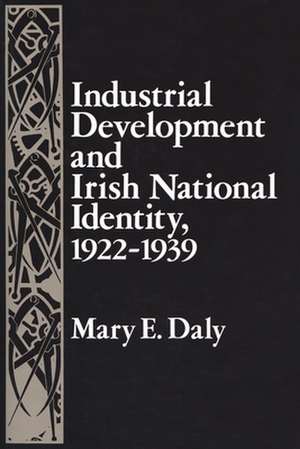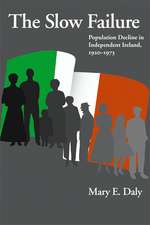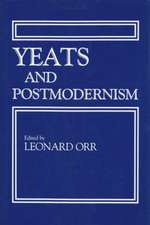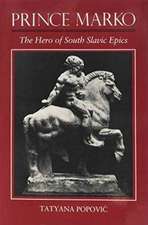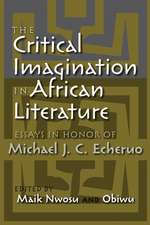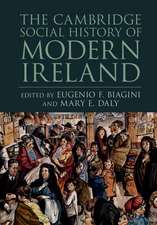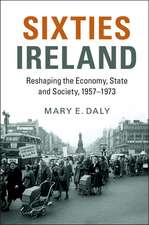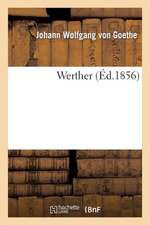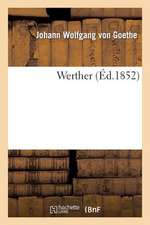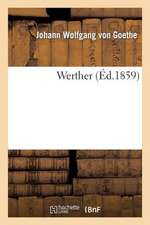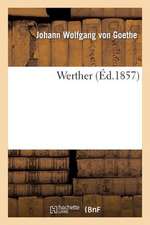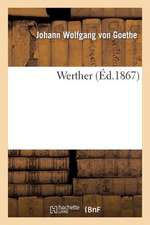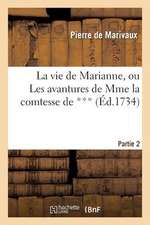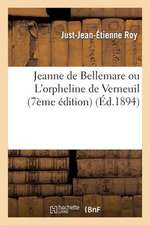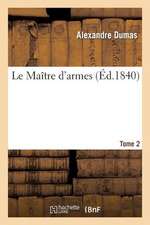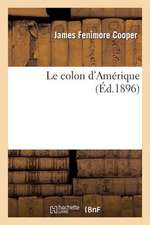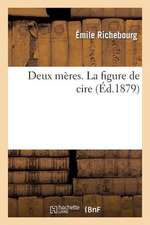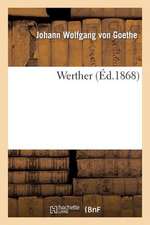Industrial Development and Irish National Identity, 1922-1939
Autor Mary Dalyen Limba Engleză Paperback – 28 sep 2018
As one of the first postcolonial states of the twentieth century, Ireland experienced strong tensions between the independence movement and the considerable institutional and economic inertia from the past. Daly explores these tensions and how Irish nationalism, Catholicism, and British political traditions influenced economic development. She thus sheds light on the evolution of economic and social attitudes in the newly independent state.
Drawing on a wide array of primary sources, Daly examines such topics as Irish economic thinking before independence; the conservative policies of W. T. Cosgrave's government in the first five years after independence; the growing division between the two major political parties over economic policy; Fianna Fail's controversial attempts to develop an independent--and nationalistic--economic policy; the largely unsuccessful attempt to develop native industries; the development of financial institutions; the political and social implications of economic change; the Anglo-Irish Trade Agreement of 1938; and comparisons with other economically emerging nations.
Preț: 147.97 lei
Nou
Puncte Express: 222
Preț estimativ în valută:
28.31€ • 29.21$ • 23.63£
28.31€ • 29.21$ • 23.63£
Carte tipărită la comandă
Livrare economică 27 martie-10 aprilie
Preluare comenzi: 021 569.72.76
Specificații
ISBN-13: 9780815627197
ISBN-10: 081562719X
Pagini: 224
Dimensiuni: 152 x 229 x 13 mm
Greutate: 0.37 kg
Editura: Syracuse University Press
ISBN-10: 081562719X
Pagini: 224
Dimensiuni: 152 x 229 x 13 mm
Greutate: 0.37 kg
Editura: Syracuse University Press
Notă biografică
Mary E. Daly, Statutory Lecturer in Modern Irish History at University College in Dublin, is the author of Social and Economic History of Ireland Since 1800; Dublin: The Deposed Capital, A Social and Economic History, 1860-1914; and The Famine in Ireland; and coeditor, with David Dickson, of The Origins of Popular Literacy in Ireland: Language Change and Educational Devel-opment, 1700-1920. She served as the first women president of the Royal Irish Academy.
